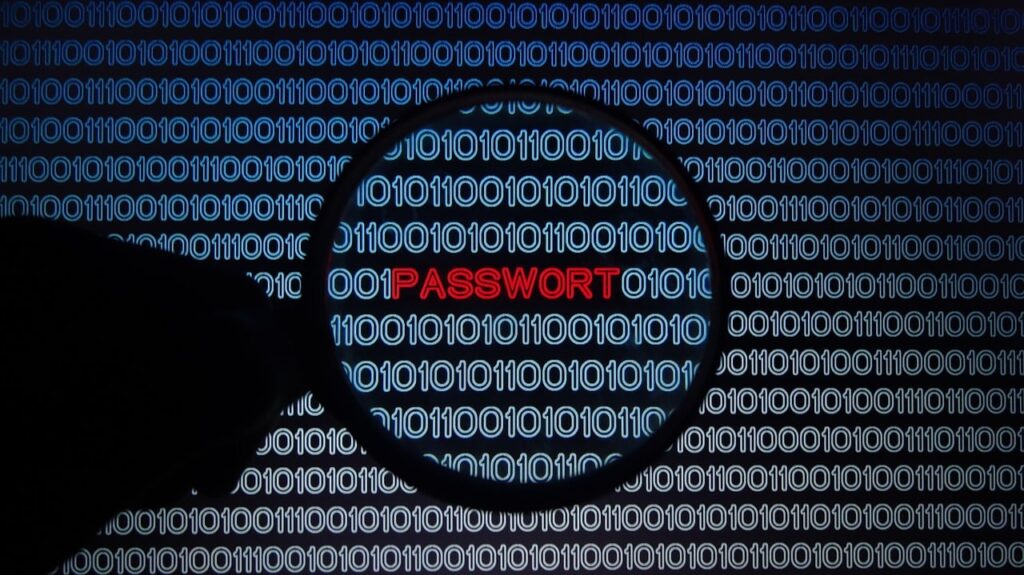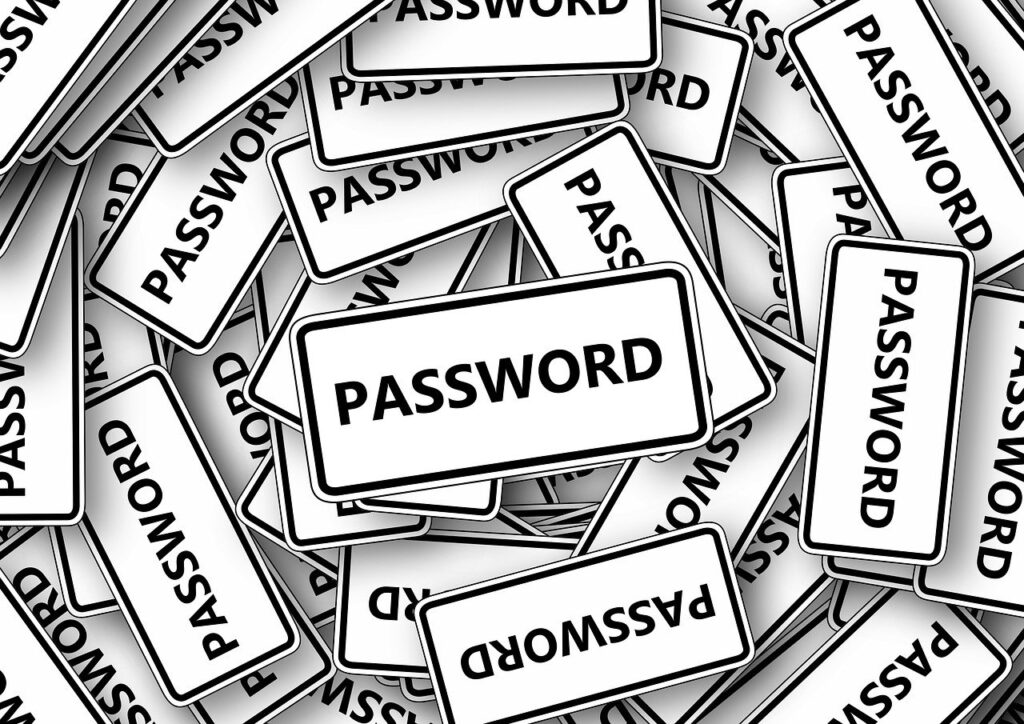Have you ever wondered what software hacking is all about? In simple terms, hacking refers to unauthorized access or manipulation of computer systems or software. It involves exploiting vulnerabilities to gain control or extract sensitive information. While hacking can be done for various reasons, including personal gain or activism, it is generally considered illegal and unethical.
What’s Happening?
Despite the advancements in security measures and resources, software hacking continues to be a persistent nuisance. This is primarily due to the ever-evolving nature of technology and the increasing complexity of software systems. As new software is developed, hackers are quick to identify and exploit vulnerabilities that may have been overlooked by developers.
One of the main reasons why hacking remains prevalent is the lucrative nature of cybercrime. Hackers often target organizations and individuals with valuable data, such as financial information or intellectual property, which can be sold or used for malicious purposes. Additionally, the anonymity provided by the internet makes it difficult to trace and prosecute hackers, further incentivizing their activities.
What to do about it?
Preventing hacking requires a multi-layered approach, involving both individuals and businesses. Here are some effective strategies:
- Keep software up to date: Regularly update your software and operating systems to ensure you have the latest security patches and bug fixes. This helps to address known vulnerabilities.
- Use strong passwords: Choose unique, complex passwords for all your accounts and change them regularly. Avoid using easily guessable information such as birthdays or names.
- Enable two-factor authentication: Implement an additional layer of security by requiring a second form of verification, such as a code sent to your phone, when accessing your accounts.
- Be cautious of phishing attempts: Be wary of suspicious emails, messages, or websites that may trick you into revealing personal information. Always verify the source before clicking on any links.
- Invest in robust cybersecurity measures: Businesses should employ firewalls, antivirus software, and intrusion detection systems to protect their networks. Regular security audits and employee training are also crucial.





